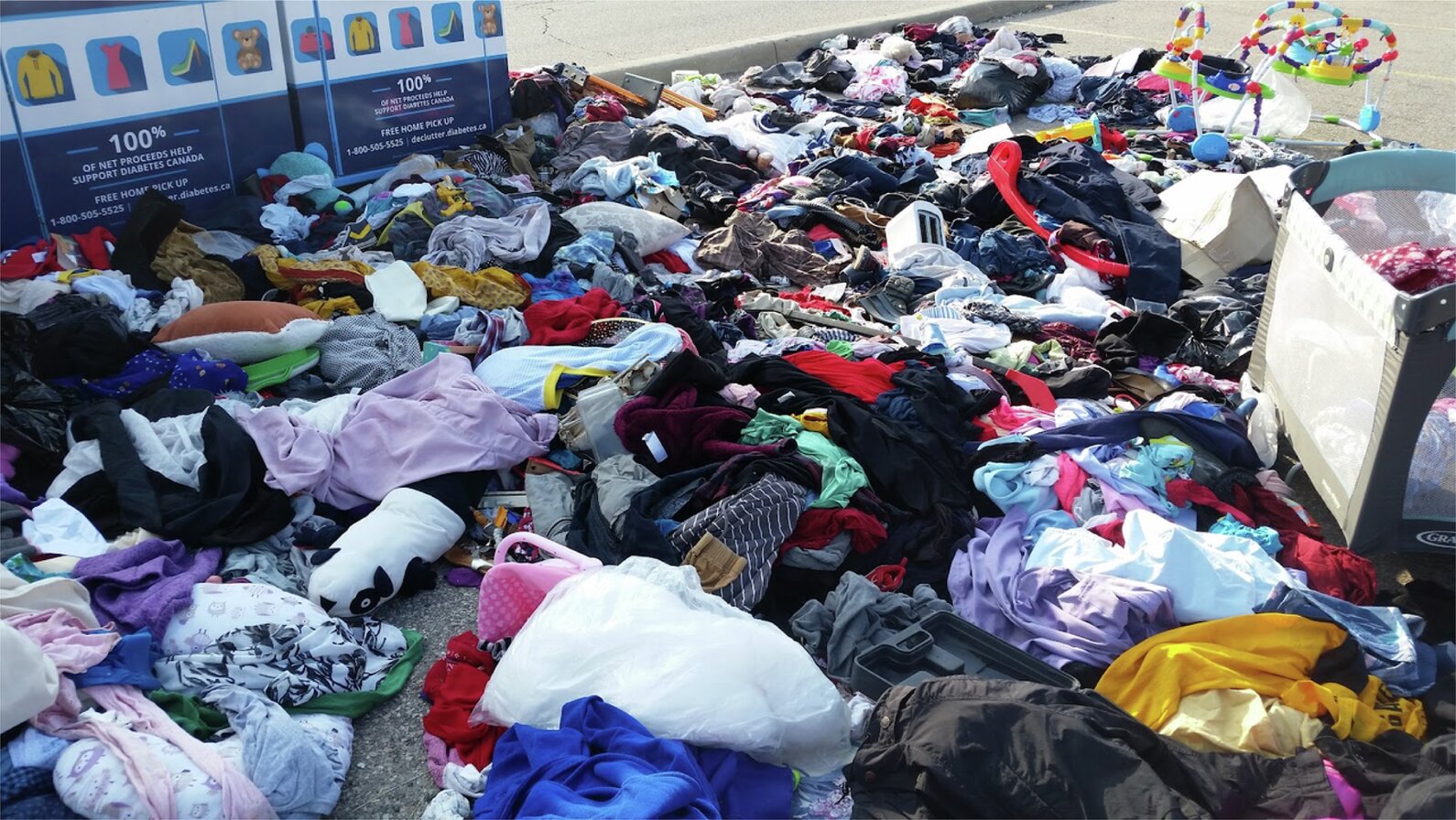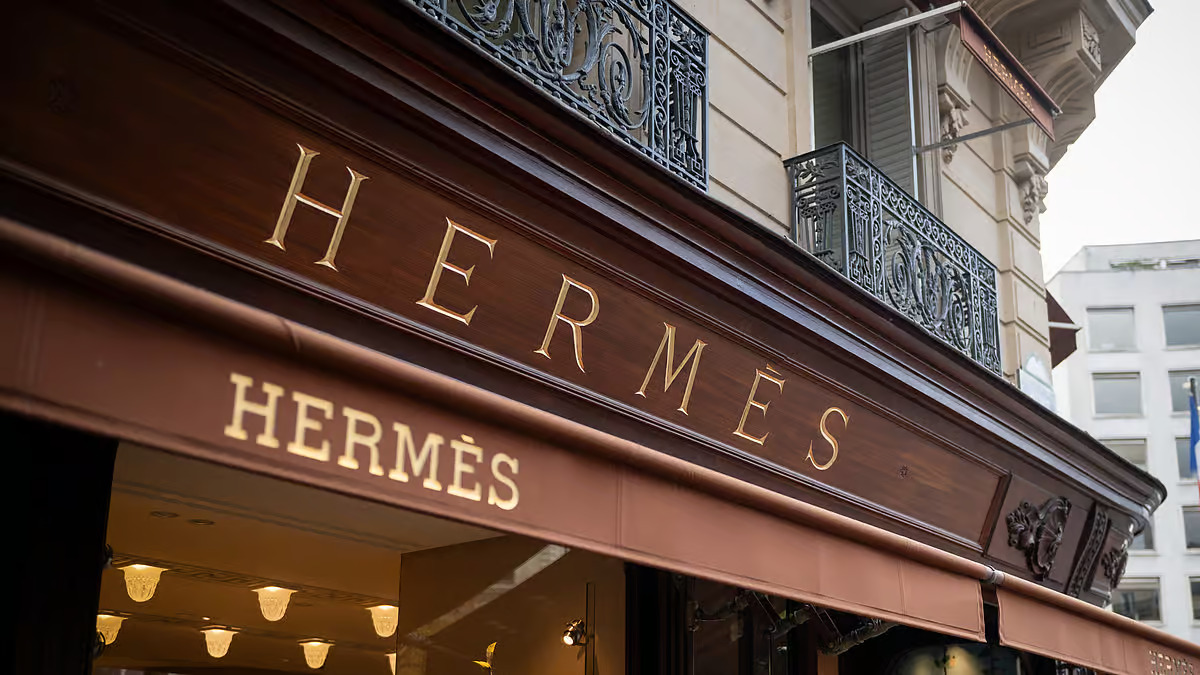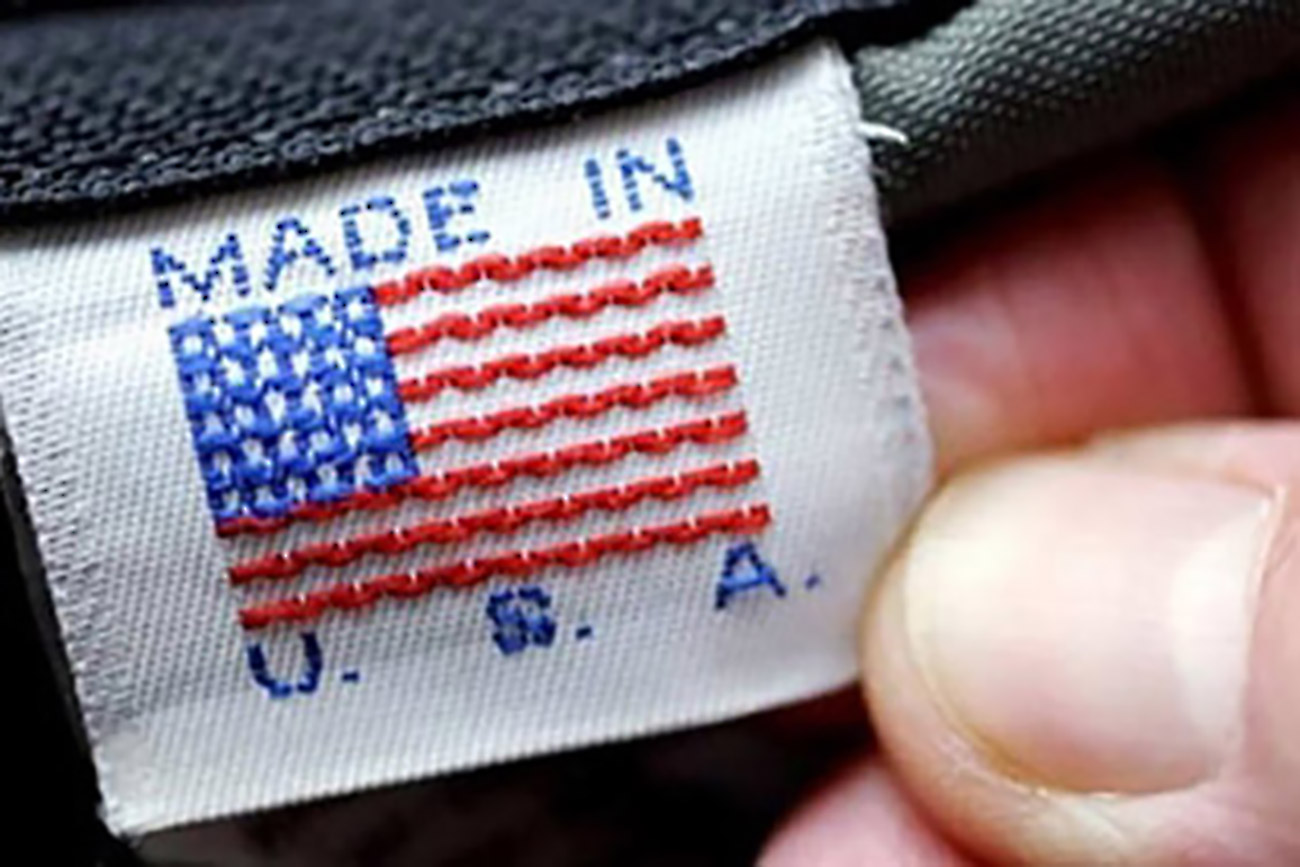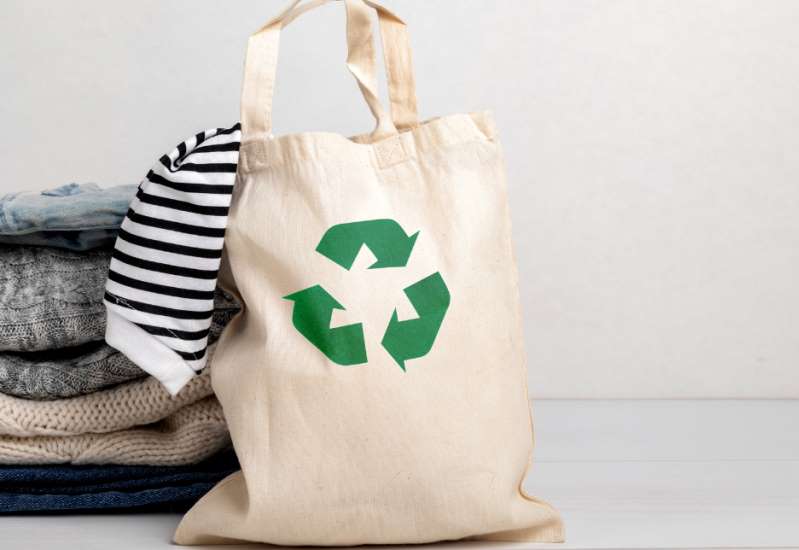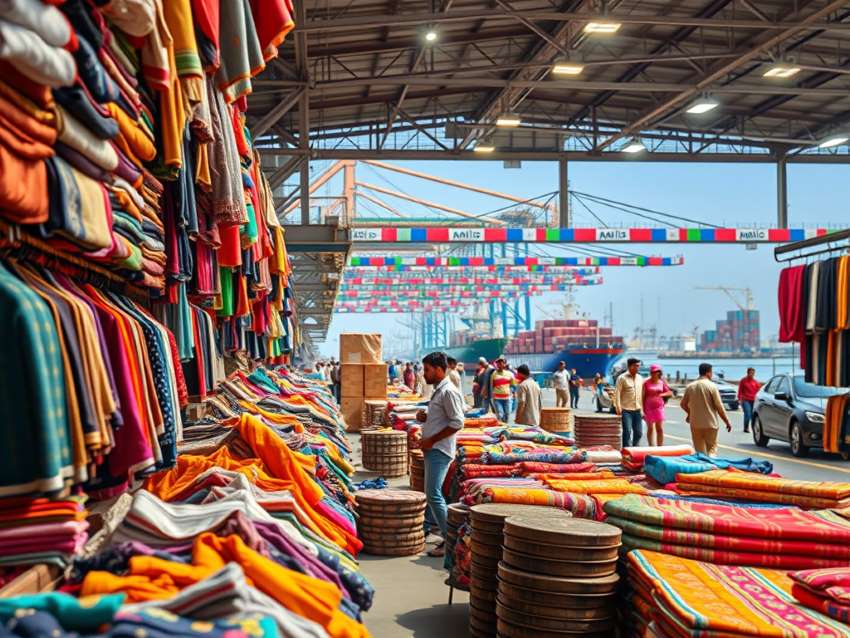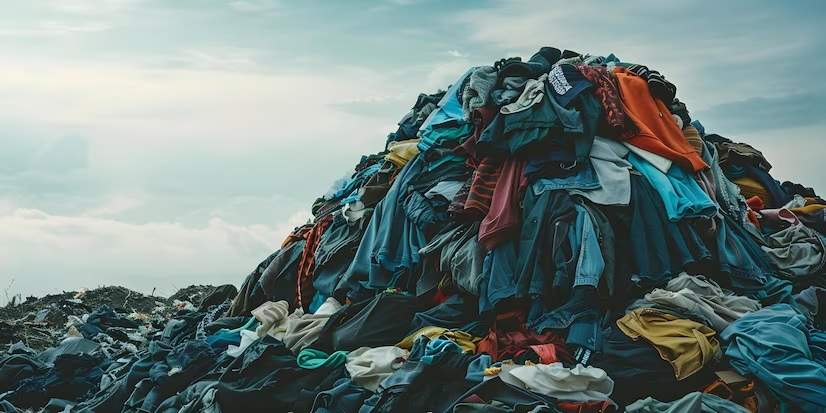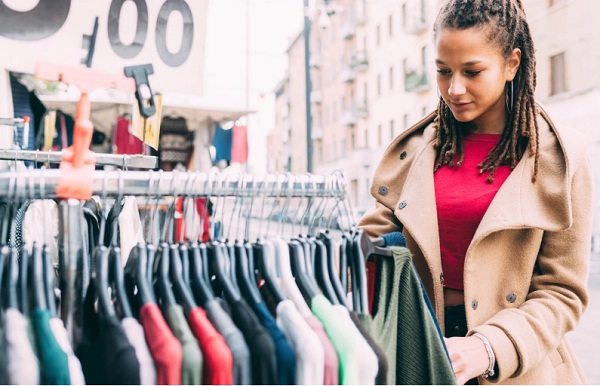
To be truly sustainable, the fashion industry needs to reduce its GHG emissions by 1.1 billion metric tons of CO2 by 2030. However, the industry suffers from gross overproduction with brands producing for 50 micro-seasons in a year and launching thousands of products every week, says a McKinsey & Co report. Consumers often feel an adrenaline rush while buying new clothes. Taking advantage of this, fast fashion brands quickly churn out new collections of low-quality, low durability garments, selling them at low prices and reinvest the profits achieved through this for future collections.
Resale allows full use of products
The most obvious solution to this problem is resale. As per a Woman’s Wear Daily report, resale allows brands to develop businesses without releasing harmful carbon emissions. Moreover, it enables them to also limit the number of new products manufactured and sold at full price. With resale, brands can explore the full potential of products they have designed, made and sold previously. Resale also enables brands to replace lower quality newer Items with products that have been already traded in and authenticated.
Removal of stigma associated with secondhand shopping also encourages consumers to engage in purchase of used products. Additionally, the resurgence of COVID-19 in many countries and growing importance of sustainability makes this a perfect time for brands to build recommerce offerings. A report by Coresight Research estimates, growing faster than traditional retail, fashion resale will grow at twice the rate of overall US fashion market in 2022.
Allows discovery of new brands
Though many retailers believe, resale might affect primary sale their fears have are largely unfounded. Facts show, 65 per cent resale customers on branded resale storefronts are first-timers. Hence, retailers need to incorporate resale into their retail strategies to improve engagement with new and existing consumers.
Resale provides consumers the excitement and freshness they look for while shopping. They don’t necessarily look for goods with completely new materials but materials that are new to them. Resale also enables consumers to discover new brands and products whose existence was previously unknown to them, as reveals a Boston Consulting Group survey.
In future, as shopping for pre-owned items increases, more brands will adopt recommerce model to boost their sustainability credentials and bottom lines. By growing their inventories of pre-owned goods and controlling secondhand sales, brands will be able to please consumers while increasomg profits without overproduction.

